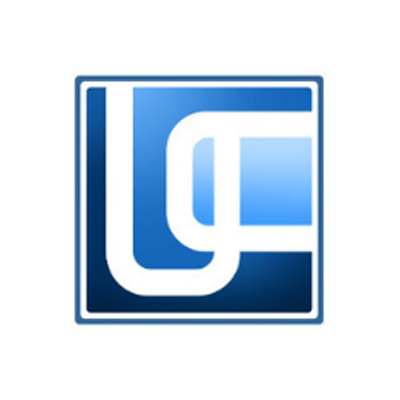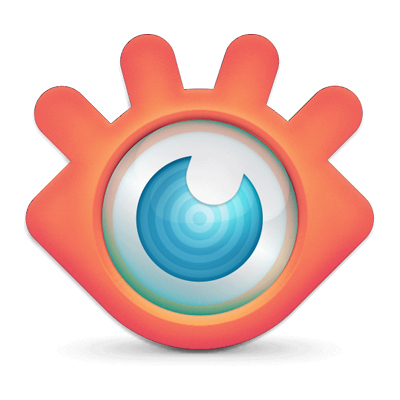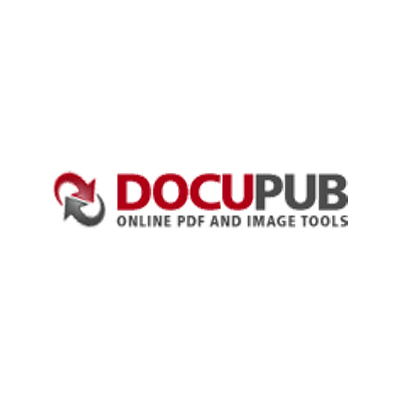TIFF (Tagged Image File Format) and DCM (Digital Imaging and Communications in Medicine) are two commonly used file formats in the field of medical imaging. While TIFF files are widely supported and used for storing high-quality images, DCM files are specifically designed for medical imaging purposes and are compatible with various medical imaging software and devices. The need to convert TIFF files to DCM files arises when medical professionals and institutions require compatibility and interoperability with DICOM (Digital Imaging and Communications in Medicine) systems. Our website offers a comprehensive list of converters that can efficiently convert TIFF files to DCM files. These converters provide a seamless and reliable conversion process, ensuring that the quality and integrity of the image data are maintained during the conversion. Whether you are a medical professional, researcher, or student working in the field of medical imaging, our list of converters will help you find the most suitable option for your specific needs. From online converters that offer quick conversion without the need for software installation to premium software converters with advanced features, our website covers a wide range of options to cater to different requirements and preferences.


















TIFF (Tagged Image File Format) is a widely-used file format for storing raster graphics, commonly used in photography, desktop publishing, and various imaging applications. It supports lossless compression, making it an ideal choice for maintaining high-quality image data while reducing file size. TIFF files can store multiple images of different color depths and resolutions within a single file, which makes them suitable for complex and detailed images. They can also store metadata, such as tags and keywords, to provide additional information and context about the image. The flexibility and versatility of TIFF files have made them a popular choice in industries that require high-quality and accurate image representation.
DCM files, also known as Digital Imaging and Communications in Medicine files, are a specific file type used in the medical field. These files are used for storing, managing, and exchanging medical images such as X-rays, MRI scans, CT scans, and ultrasound images. DCM files are based on the DICOM (Digital Imaging and Communications in Medicine) standard, which is widely used in the healthcare industry to ensure interoperability and compatibility of medical imaging data across different systems and devices. Unlike regular image file formats like JPEG or PNG, DCM files contain not only the image data itself but also important metadata such as patient information, study details, and image acquisition parameters. This enables efficient storage, retrieval, and analysis of medical images, making DCM files essential for healthcare professionals working with medical imaging data.